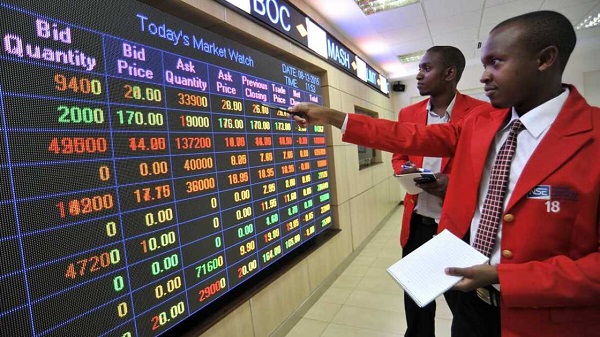Nigerian stockbrokers have presented a comprehensive roadmap to achieve the federal government’s $1 trillion economy target by leveraging the capital market.
The recommendations, articulated at the 28th Annual Conference of the Chartered Institute of Stockbrokers (CIS), emphasise capital market reforms and alignment with Nigeria’s broader economic goals.
One of the central proposals is listing state-owned enterprises, such as the Nigerian National Petroleum Company Limited (NNPCL), on secondary markets. According to CIS President Oluropo Dada, this step could deepen market participation, enhance profitability for these entities, and provide significant tax revenues for the government.
The stockbrokers also recommended policies that incentivize indigenous firms and small and medium enterprises (SMEs) to access the capital market, thus unlocking the largely untapped informal economy, which constitutes a substantial portion of Nigeria’s GDP.
- Advertisement -
Rebasing Nigeria’s GDP was highlighted as essential to reclaiming its position as Africa’s largest economy, creating investment opportunities, and achieving the $1 trillion economic target. The participants advocated for the adoption of innovative financial technologies such as blockchain and fintech solutions to modernize the Nigerian capital market.
Such integration, they argued, would enhance efficiency, accessibility, and transparency while appealing to Millennials and Gen Z investors.
Additionally, financial literacy campaigns were deemed crucial to bridging the knowledge gap among investors and ensuring broader market participation.
Debt restructuring and the issuance of project-tied bonds with payment guarantees were proposed as tools to finance long-term infrastructure projects sustainably.
Participants also called for policies to strengthen Nigeria’s commodities ecosystem, which could bolster export trade, increase foreign reserves, and stabilize the Naira.
- Advertisement -
Addressing foreign exchange constraints was emphasized as vital for attracting foreign investors. By creating a more favorable business environment and reducing entry barriers, the Nigerian government could significantly enhance Foreign Direct Investment (FDI).
These strategies, the stockbrokers argue, provide a sustainable and inclusive pathway to achieving Nigeria’s ambitious $1 trillion economic vision.










